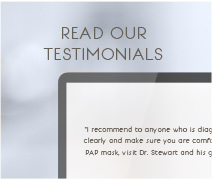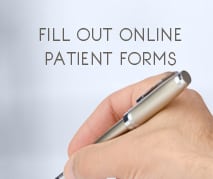 Suffering from a sleep disorder can feel like an uphill battle, especially when it’s often misdiagnosed. The symptoms you experience while awake can point to several other medical conditions including fatigue or depression. The most obvious symptoms often occur throughout the sleep cycle, making it difficult for patients to be aware of their happenings. However, treating sleep apnea is absolutely critical, especially if it’s been ongoing for an extended period of time. Without treatment, apnea has been known to increase risks for other health complications that affect vital organs like your heart and liver. So, let’s compare two treatment options for sleep apnea; CPAP machines and oral appliances.
Suffering from a sleep disorder can feel like an uphill battle, especially when it’s often misdiagnosed. The symptoms you experience while awake can point to several other medical conditions including fatigue or depression. The most obvious symptoms often occur throughout the sleep cycle, making it difficult for patients to be aware of their happenings. However, treating sleep apnea is absolutely critical, especially if it’s been ongoing for an extended period of time. Without treatment, apnea has been known to increase risks for other health complications that affect vital organs like your heart and liver. So, let’s compare two treatment options for sleep apnea; CPAP machines and oral appliances.
Positive Air Pressure Machines
You may be familiar with the term CPAP, or Continuous Positive Airway Pressure – a machine commonly used to promote oxygen intake throughout your sleep cycle by administering air pressure. This continuous flow of pressure keeps your throat muscles engaged as opposed to the relaxed state that was previously causing airway blockage.
However, using a CPAP machine involves wearing a mask that fits snugly over your mouth and nose. Sometimes, people can have a hard time adjusting to sleeping with the machine because they simply can’t get comfortable.
Oral Appliances
In recent years, oral appliances have become an increasingly popular treatment method for obstructive sleep apnea. A custom made appliance from your dentist is often more comfortable and easier to adjust to than sleeping with a machine. There are many different kinds of appliances that have been proven to successfully treat sleep apnea – but, they’re all worn similarly to a mouth guard in your mouth. Using an appliance will gently reposition your jaw during your sleep to keep your airway wide open. This also helps to prevent any muscles from relaxing and causing a blockage – including your tongue.
Have you let your sleep apnea go untreated or undiagnosed? Don’t let it go any longer – visit your dentist as soon as you can to prevent any further complications!






